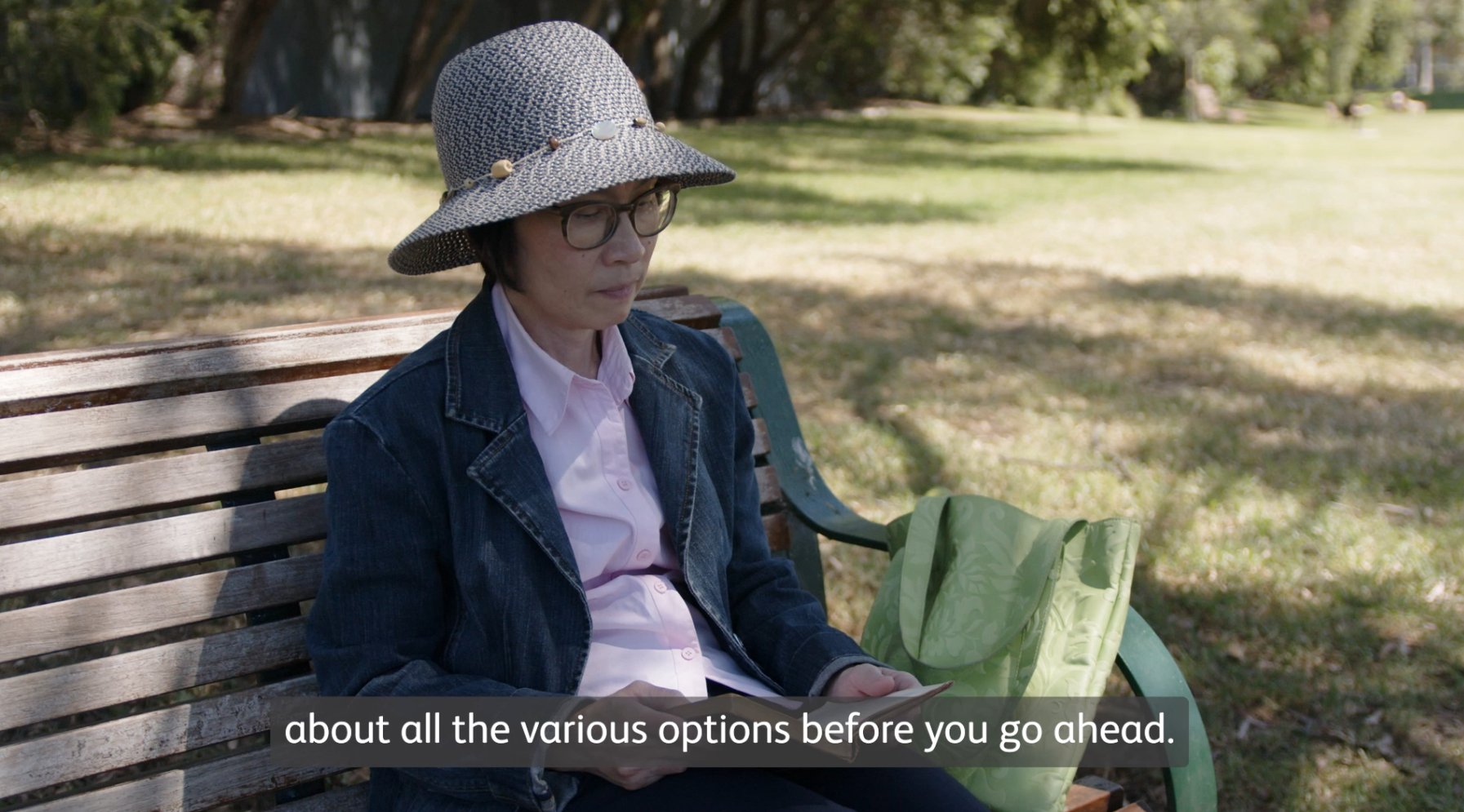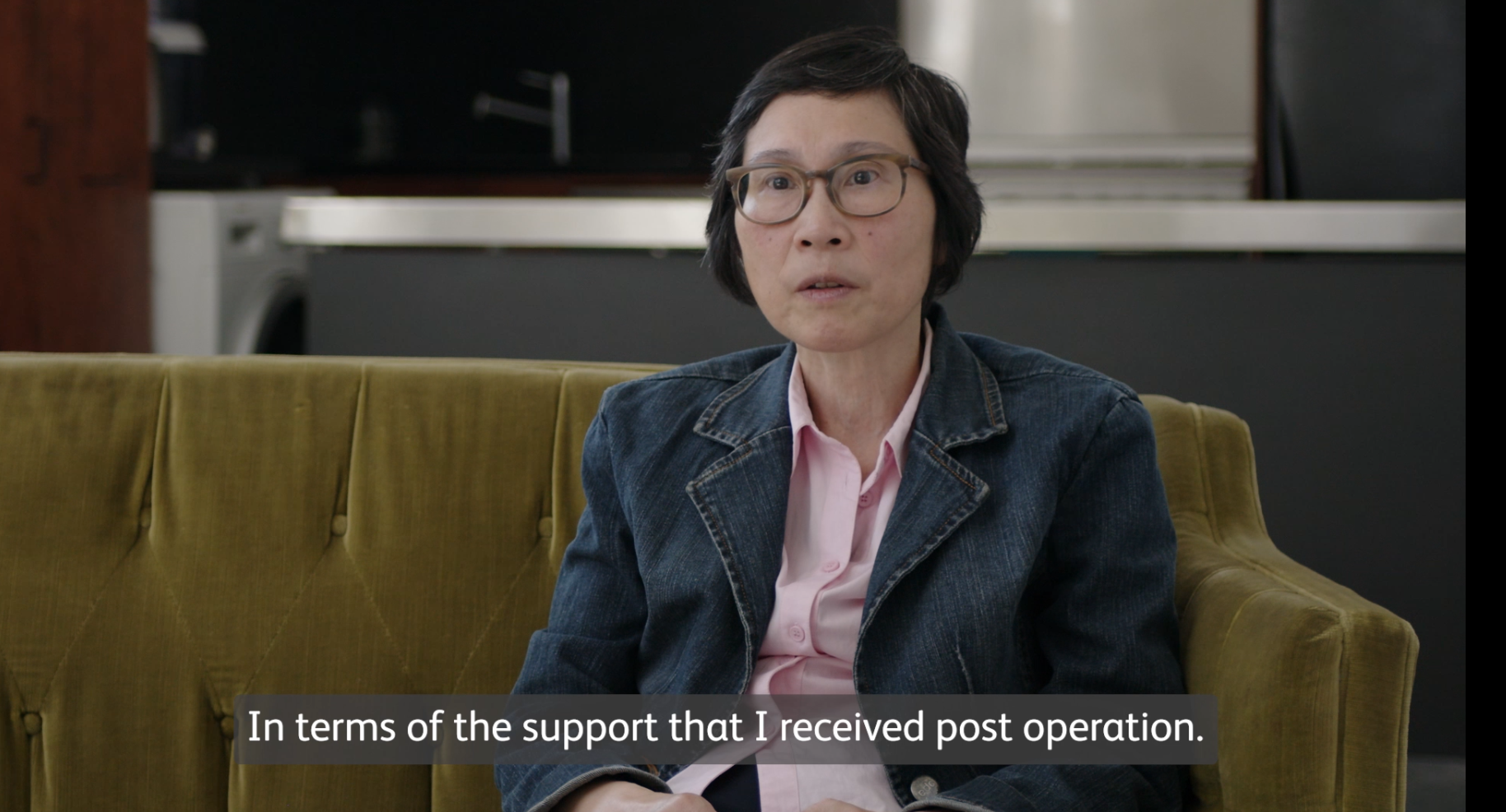Understanding
immunotherapy
my-IO is designed for patients on immuno-oncology treatment also known as cancer immunotherapy (IO). Here you’ll find information about immunotherapy, how it works and what side effects to look out for. You’ll also find stories from patients who are on IO treatment.
General information
Immunotherapy is a treatment that works with the body’s immune system to fight cancer.
Immunotherapy works by helping your immune system to attack and destroy cancer cells. This might mean that your cancer stops growing or spreading.1
The possible side effects depend on what type of immunotherapy you receive.
Frequently Asked Questions
Immunotherapy works by helping your immune system to attack and destroy cancer cells. This might mean that your cancer stops growing or spreading.1
Yes – immunotherapy does have possible side effects that can be serious or even life-threatening. These may happen at any time during treatment or even many months after your treatment has ended, so it is important to be aware of the signs and symptoms of possible side effects, so you are able to recognise them. Side effects from immunotherapy are usually mild to moderate, and reversible if they are reported early.1 Always talk to your oncologist, cancer specialist or cancer nurse if you notice anything different about the way you are feeling.
- Call your oncologist, cancer specialist or cancer nurse immediately if you experience any signs or symptoms, or if they get worse.
- Do not treat any signs and symptoms yourself.
- If you speak with another healthcare professional, tell them you are on immunotherapy.
- If it is an emergency, dial 000 or go straight to your nearest medical emergency centre.
Immunotherapy is a doctor-prescribed medicine that is usually given at a treatment centre. It is given as an infusion directly into your bloodstream, through a needle placed in a vein (usually in your arm or the back of your hand).1
Yes – immunotherapy is a different type of treatment to chemotherapy. Chemotherapy attacks both cancer and healthy cells.1 Immunotherapy affects the immune system. It helps the immune system attack and destroy the cancer cells.1
No. Immunotherapy does not suppress the immune system like chemotherapy does. Immunotherapy helps your immune system to work better by magnifying the body’s natural immune response to cancer.1
References
- ESMO patient guide series. Immunotherapy side effects. Patient guide on immunotherapy-related side effects and their management; What are immunotherapy side effects? Available at https://www.esmo.org/for-patients/patient-guides/immunotherapy-side-effects
ONC-AU-2100312










